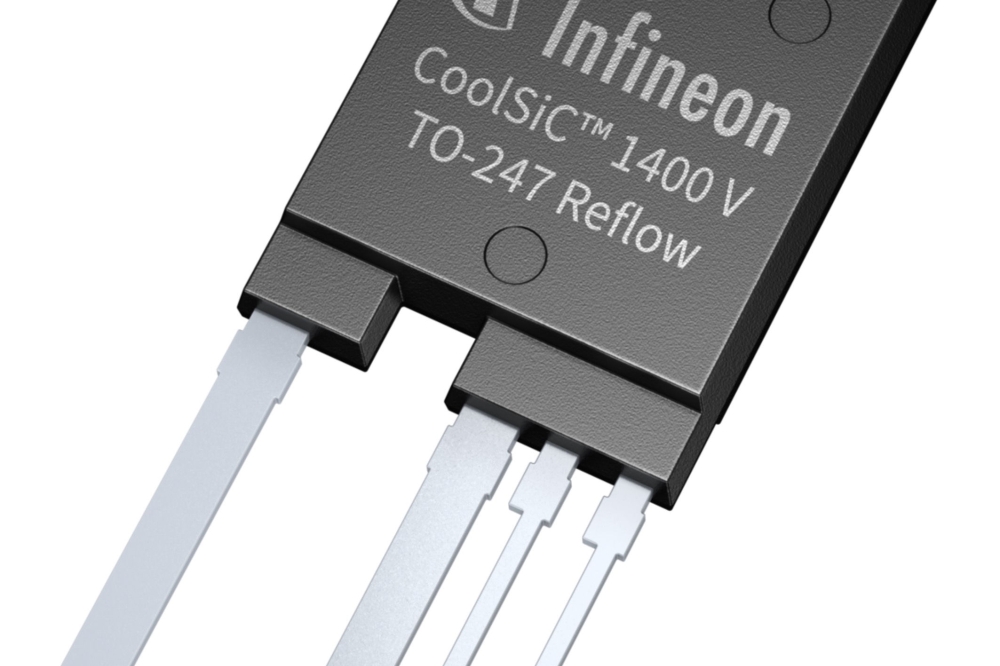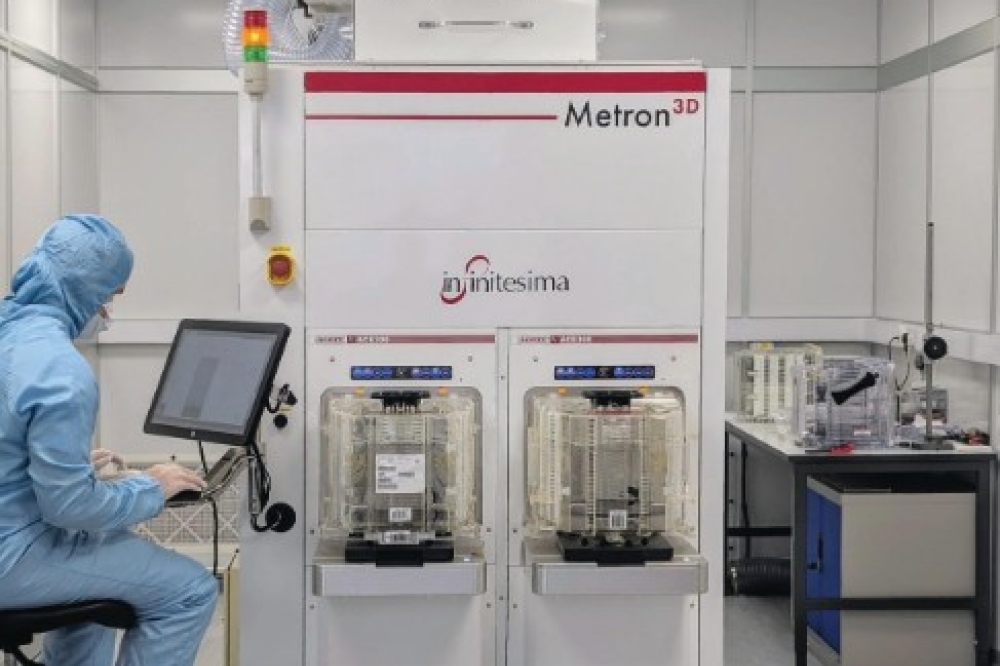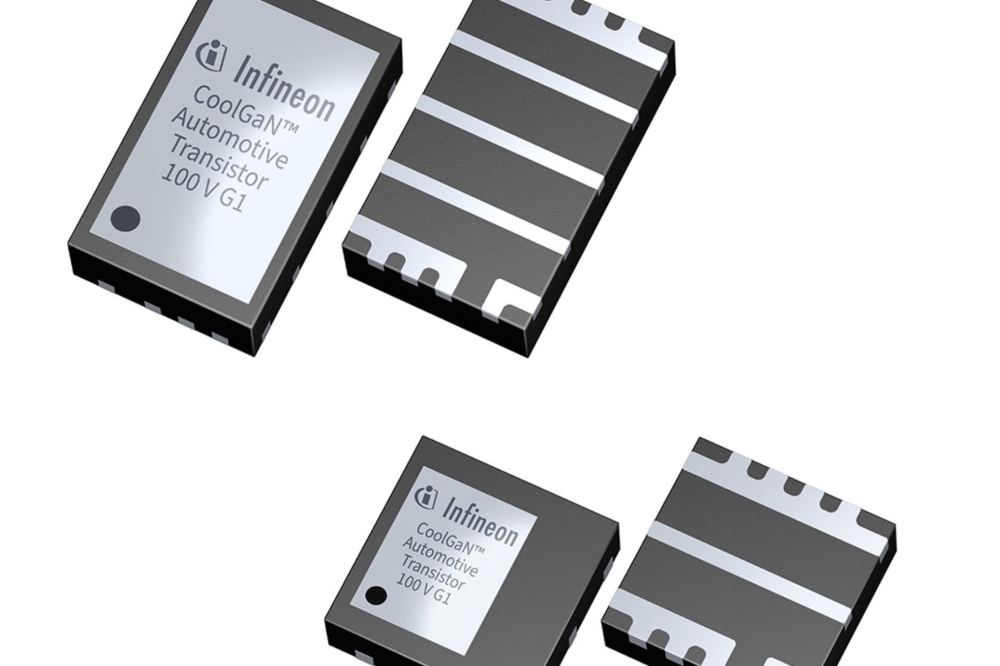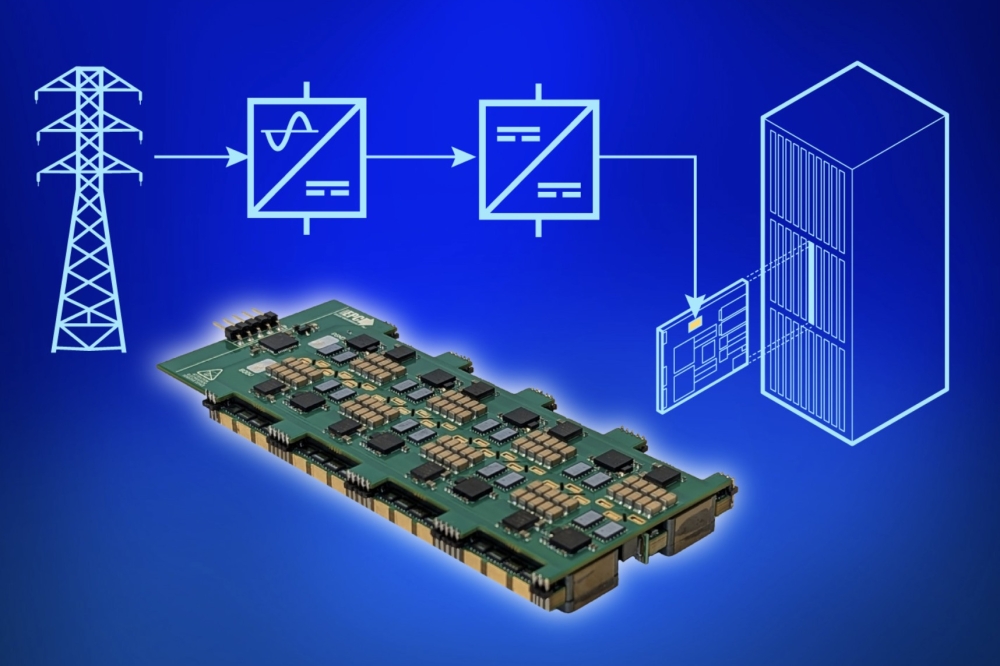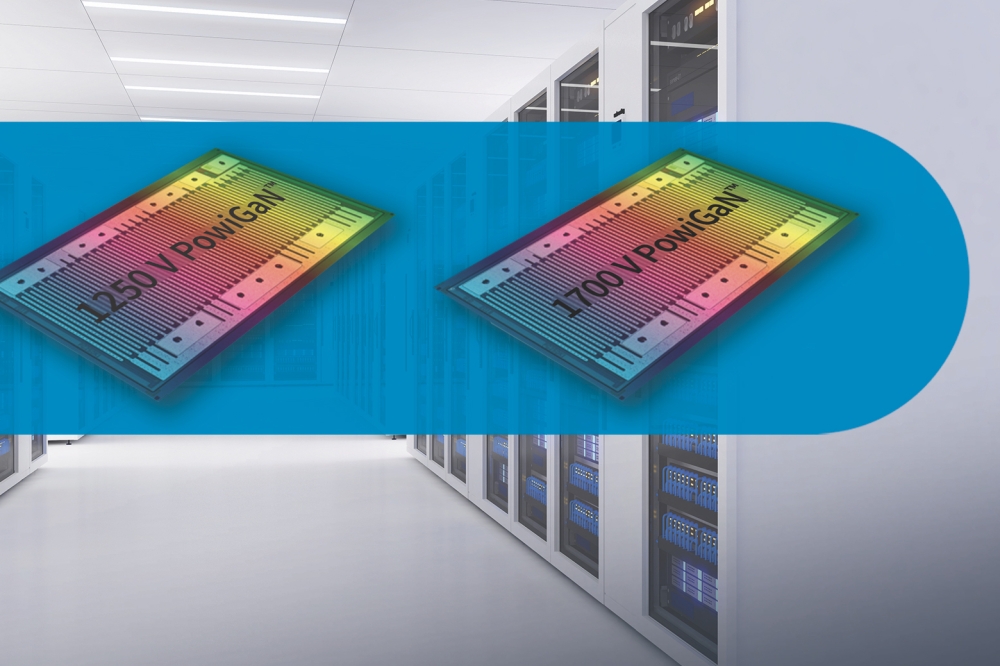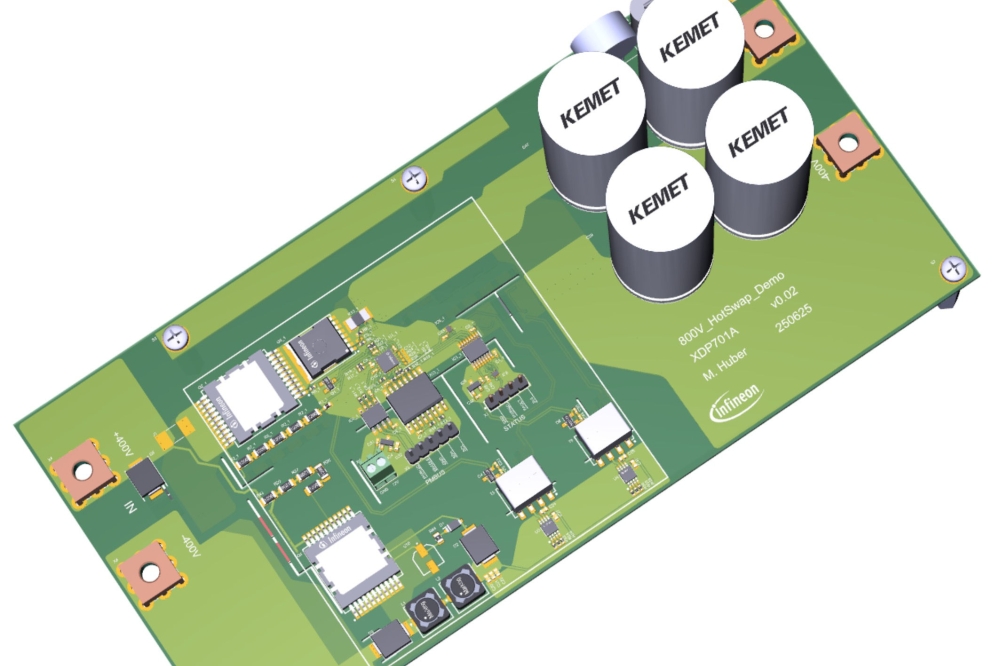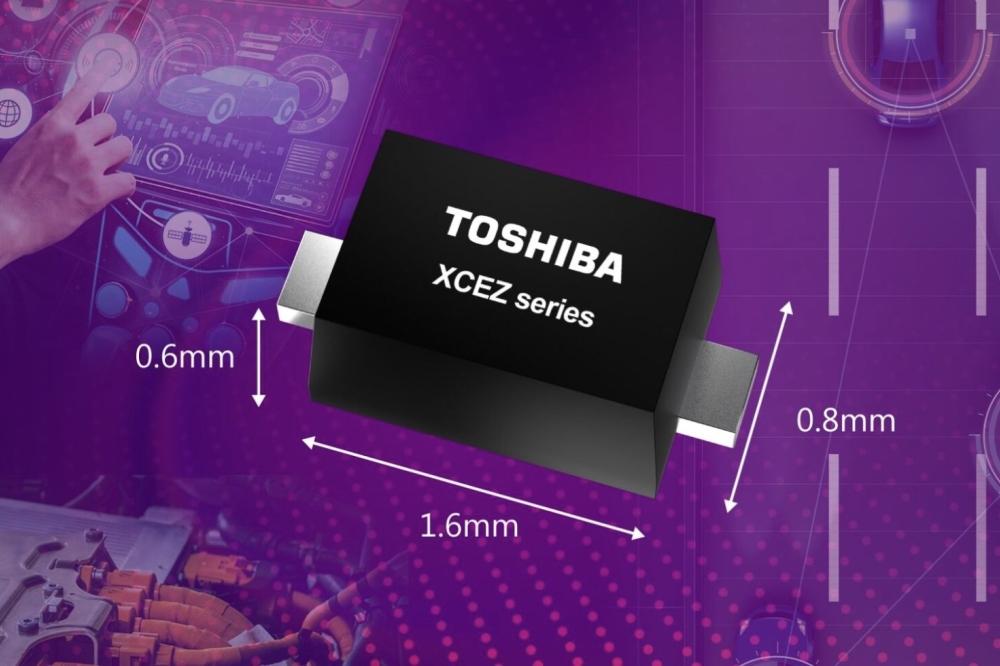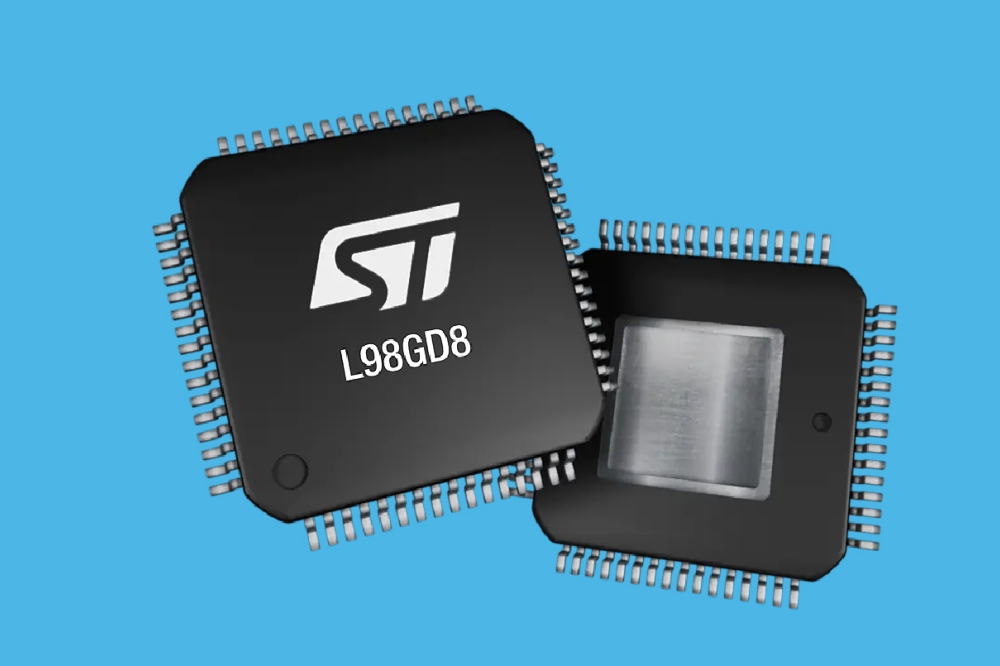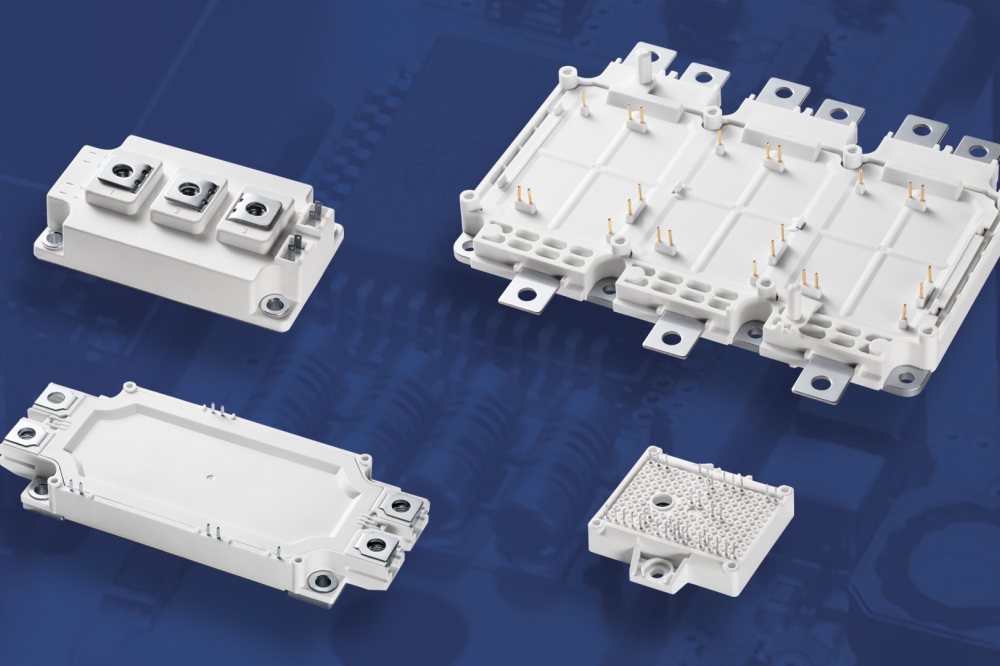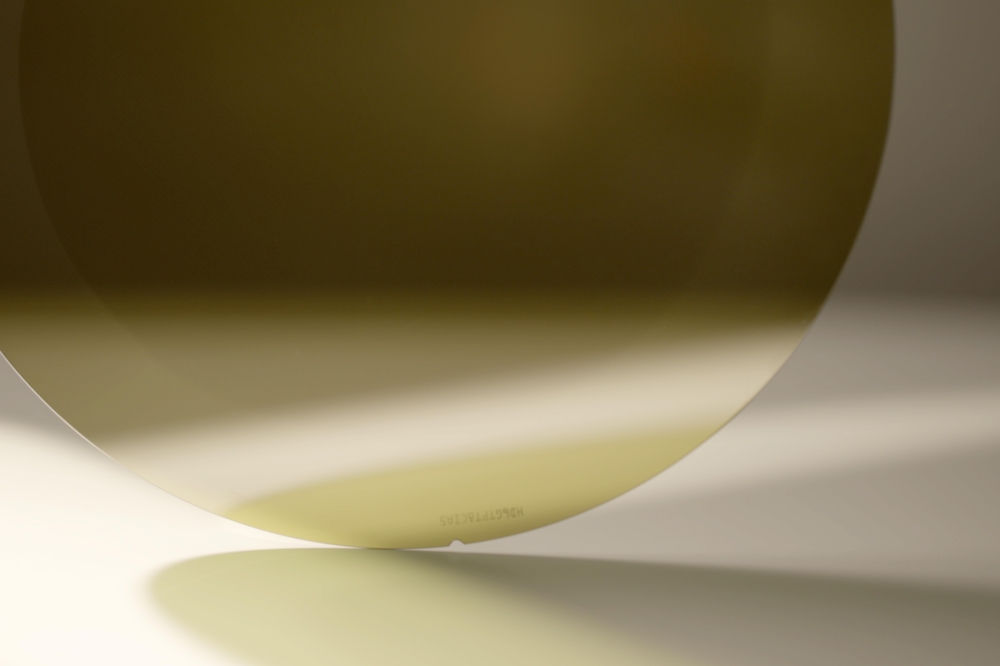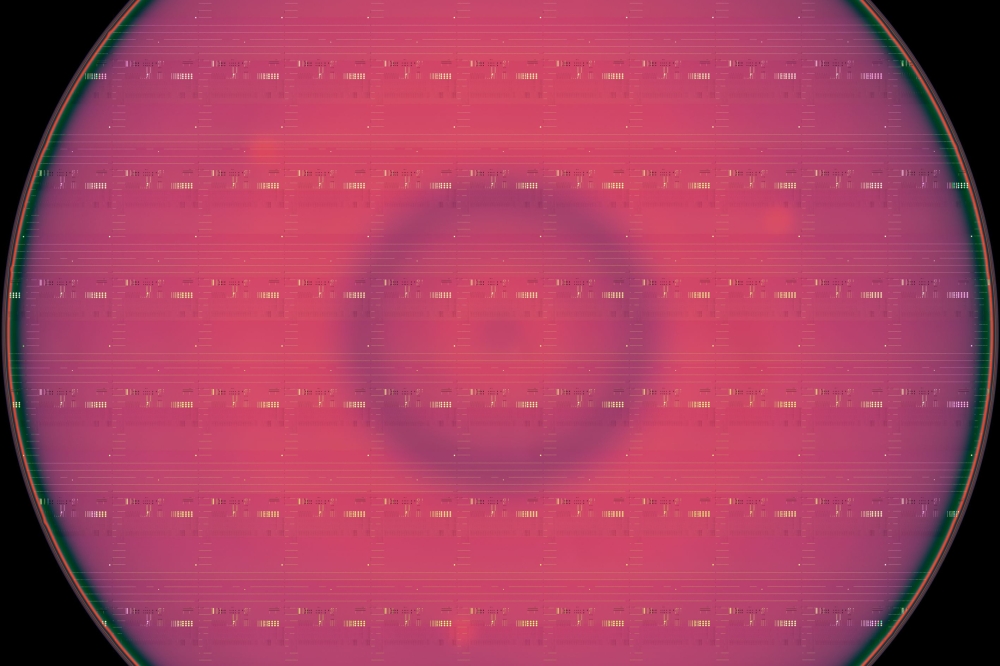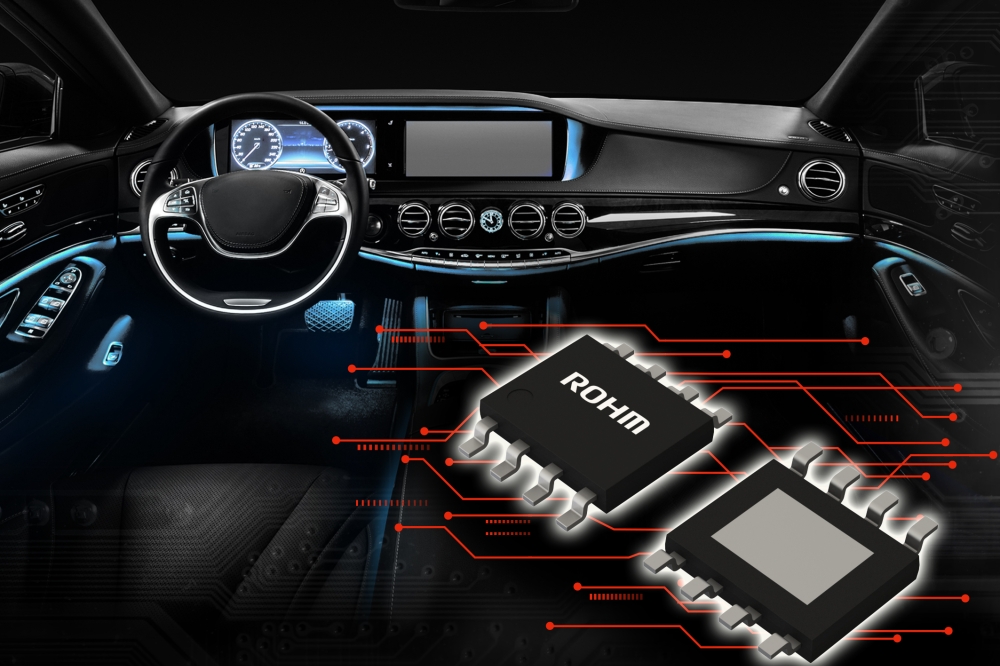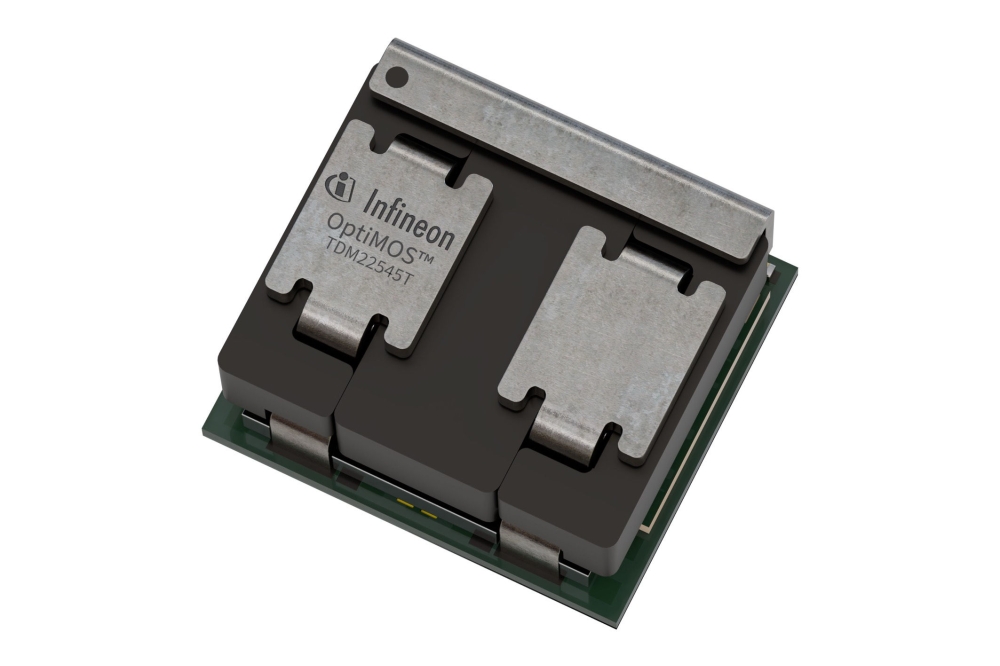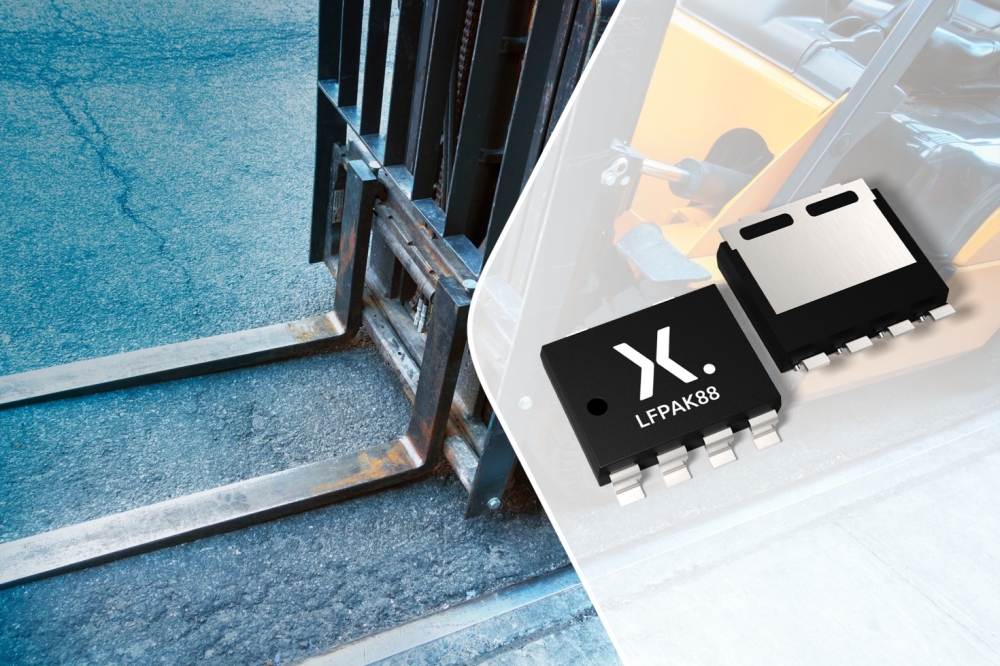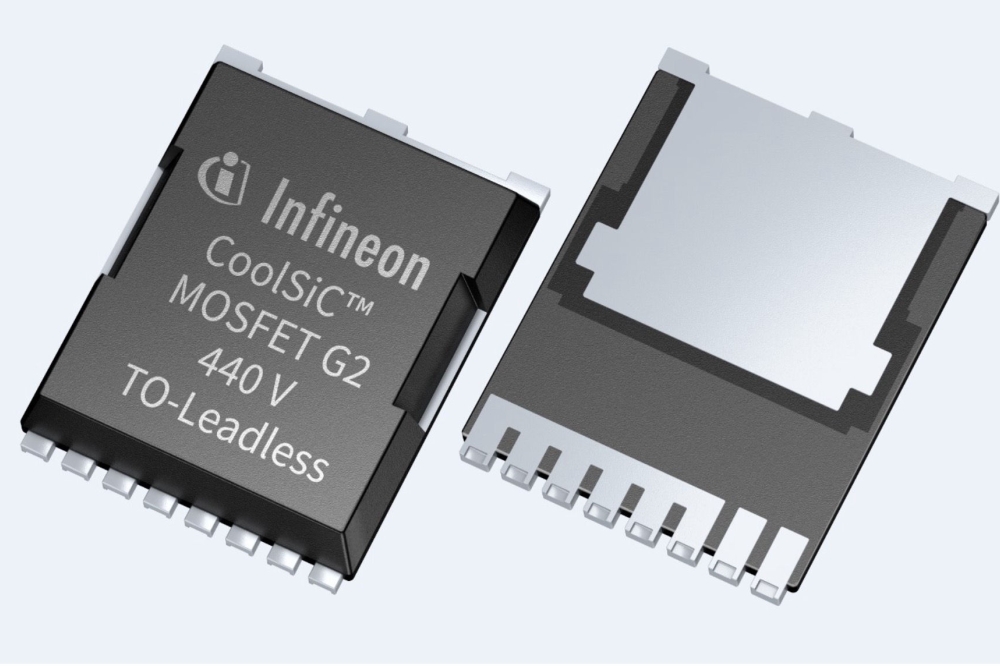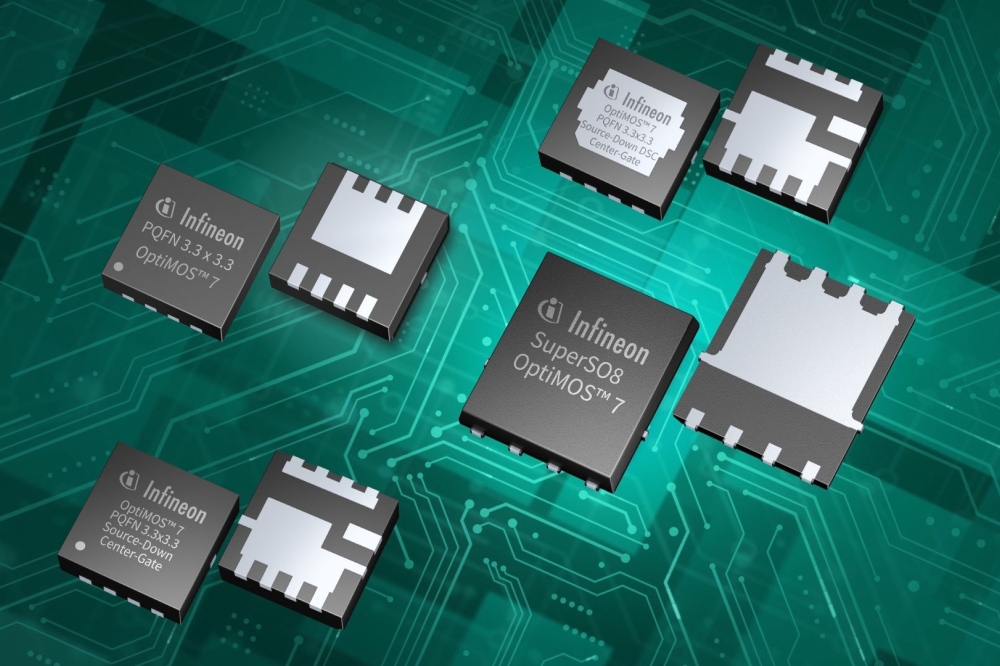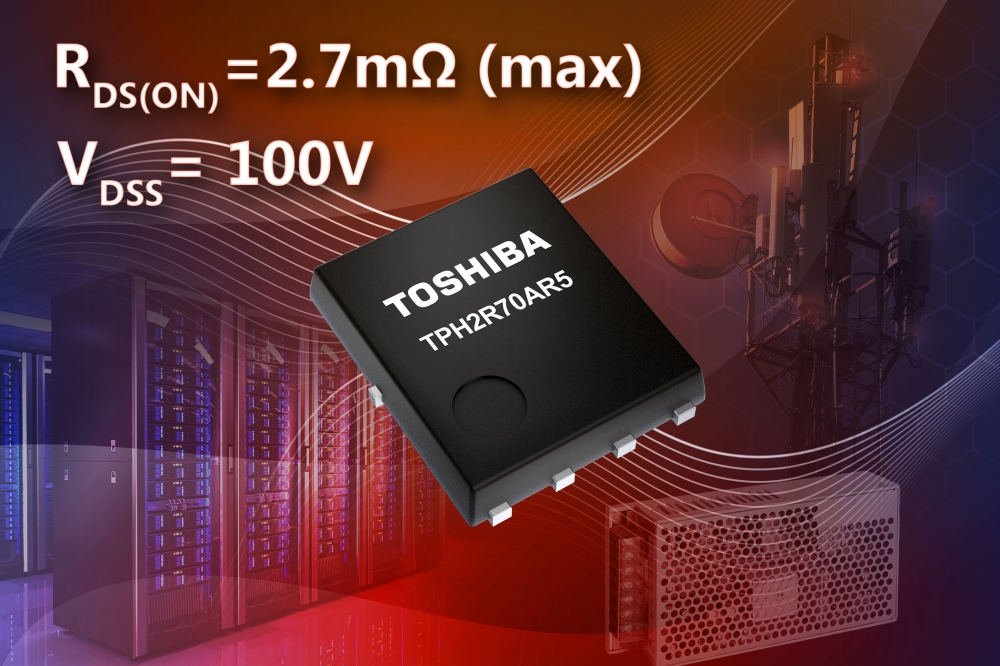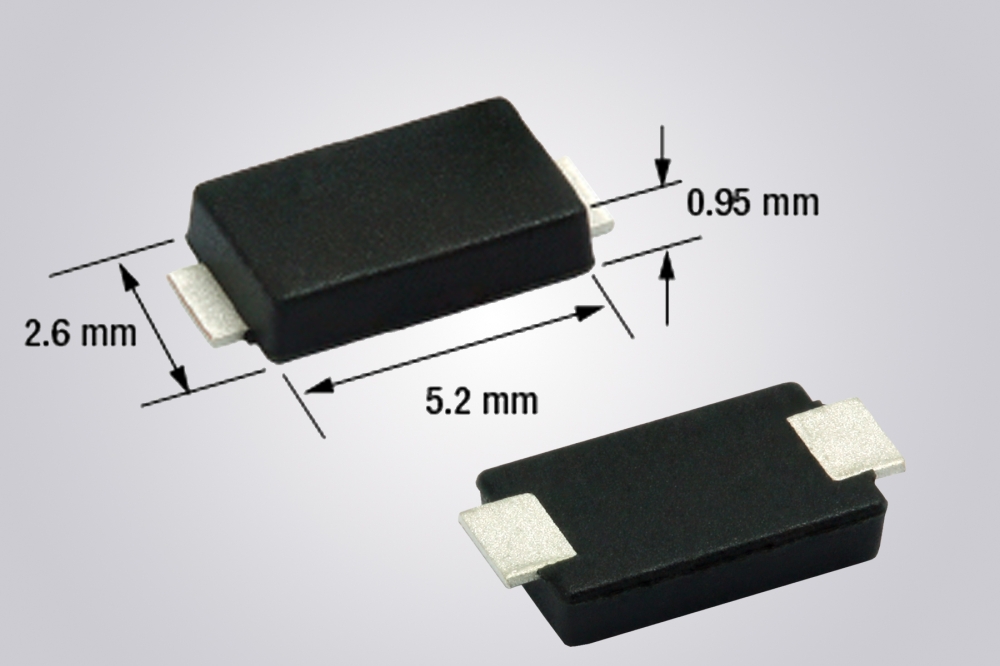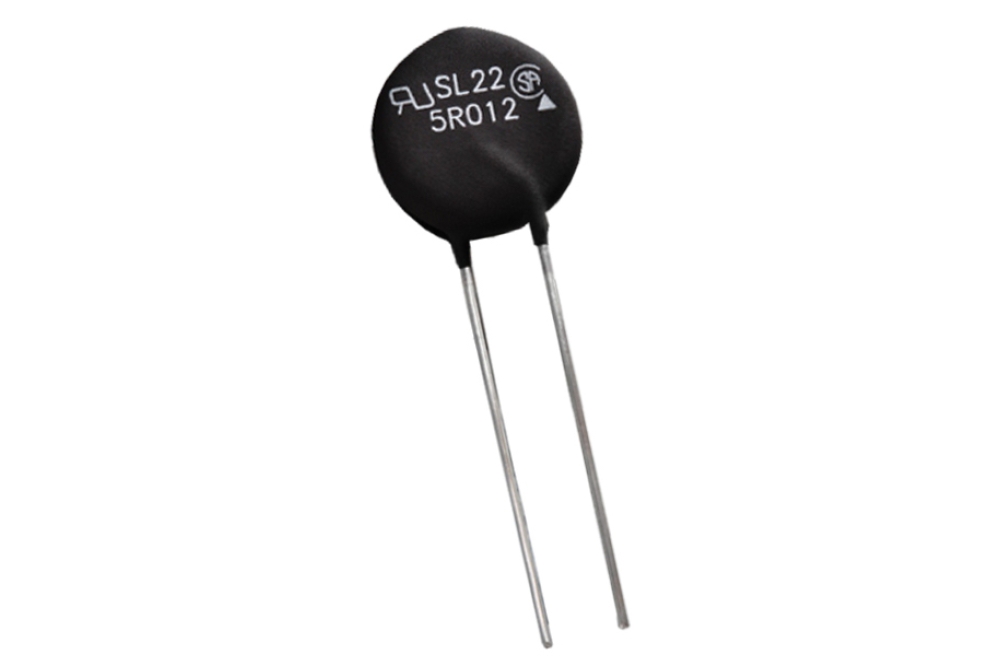Turnkey systems target power device characterisation
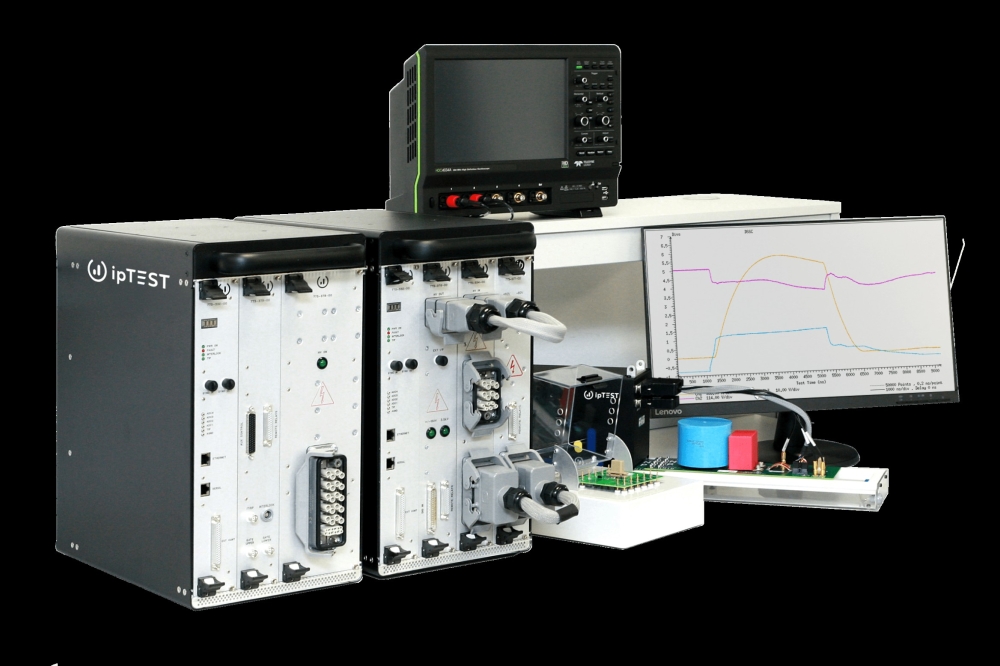
Microtest Group, a European manufacturer of test equipment, has launched two turnkey platforms for power device characterisation: Quasar200 and Pulsar600.
The new systems, developed in the laboratories of Microtest’s UK subsidiary ipTEST, assess the ability of devices to handle high currents and voltages safely and efficiently.
Quasar200 is suitable for evaluating silicon, GaN, and SiC devices. It delivers fast and accurate DC/AC measurements with minimal parasitic inductance.
Its counterpart, Pulsar600, extends these capabilities to ultra-high current applications, suitable for testing SiC inverters and automotive systems, supporting short-circuit tests up to 1,000A DC and 10,000A+ AC.
Both platforms offer up to ±0.1 percent measurement accuracy across all voltage and current waveforms, with typical parasitic inductance below 30nH in AC tests. UKAS (United Kingdom Accreditation Service)-traceable calibration and comprehensive audit logs ensure reliability, consistency, and compliance from lab benches to production lines.
They are designed to support academic researchers working on WBG semiconductors and engineers developing new products, particularly in the automotive industry.
“We’re proud to introduce Quasar200 and Pulsar600 as new benchmark points for power device characterisation,” said Nick Dajda, sales and marketing director at ipTEST. “These systems provide the speed, accuracy, and reproducibility needed to quickly obtain proven results - whether developing the next generation of power devices in the lab or creating datasheets for new power products.”
The systems use a plug-and-play approach to simplify experimental workflows by eliminating the need for custom equipment and reducing manual operations such as soldering and complex test setups. This enables users to obtain accurate, publication-ready results with traceable precision.
Their reliability speeds up datasheet generation, facilitates correlation with production testers, and ensures safe validation of next-generation devices, according to Microtest.


